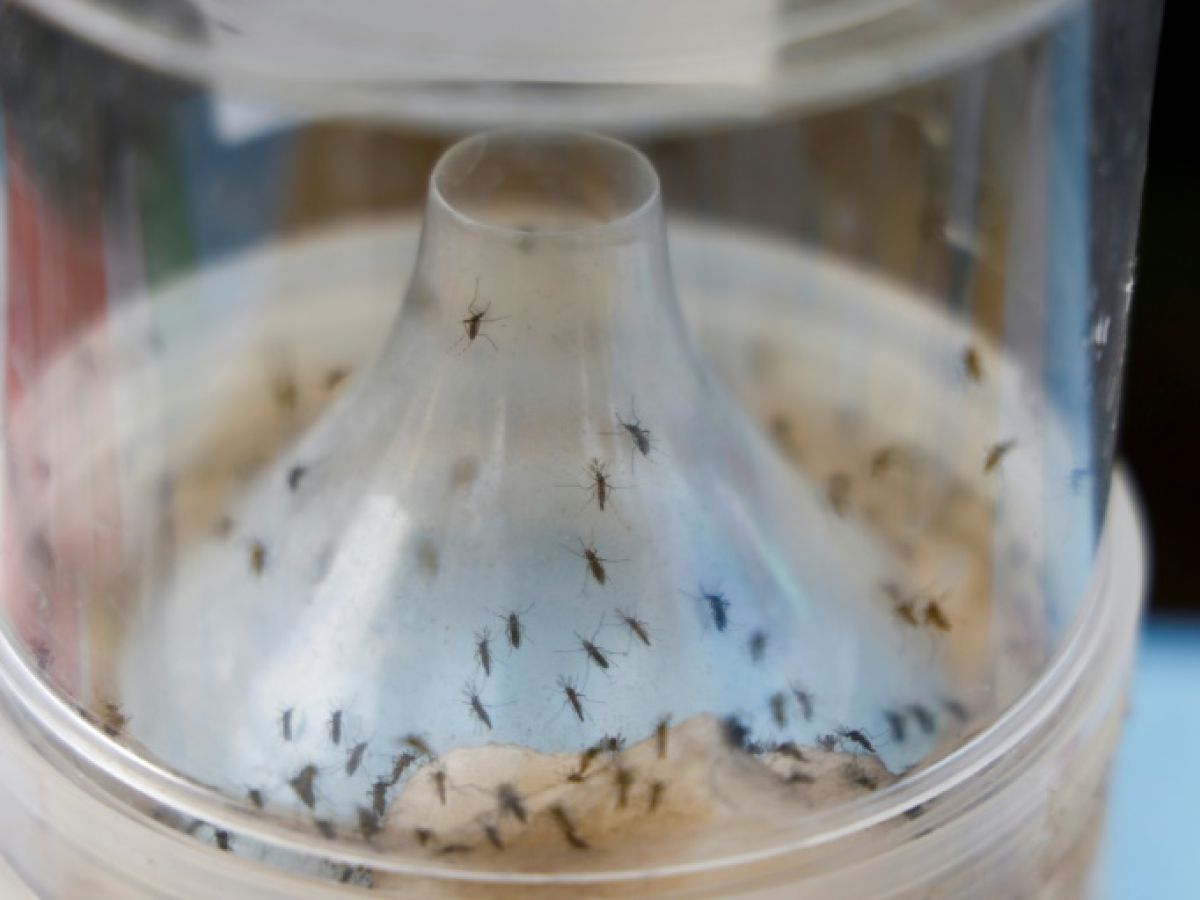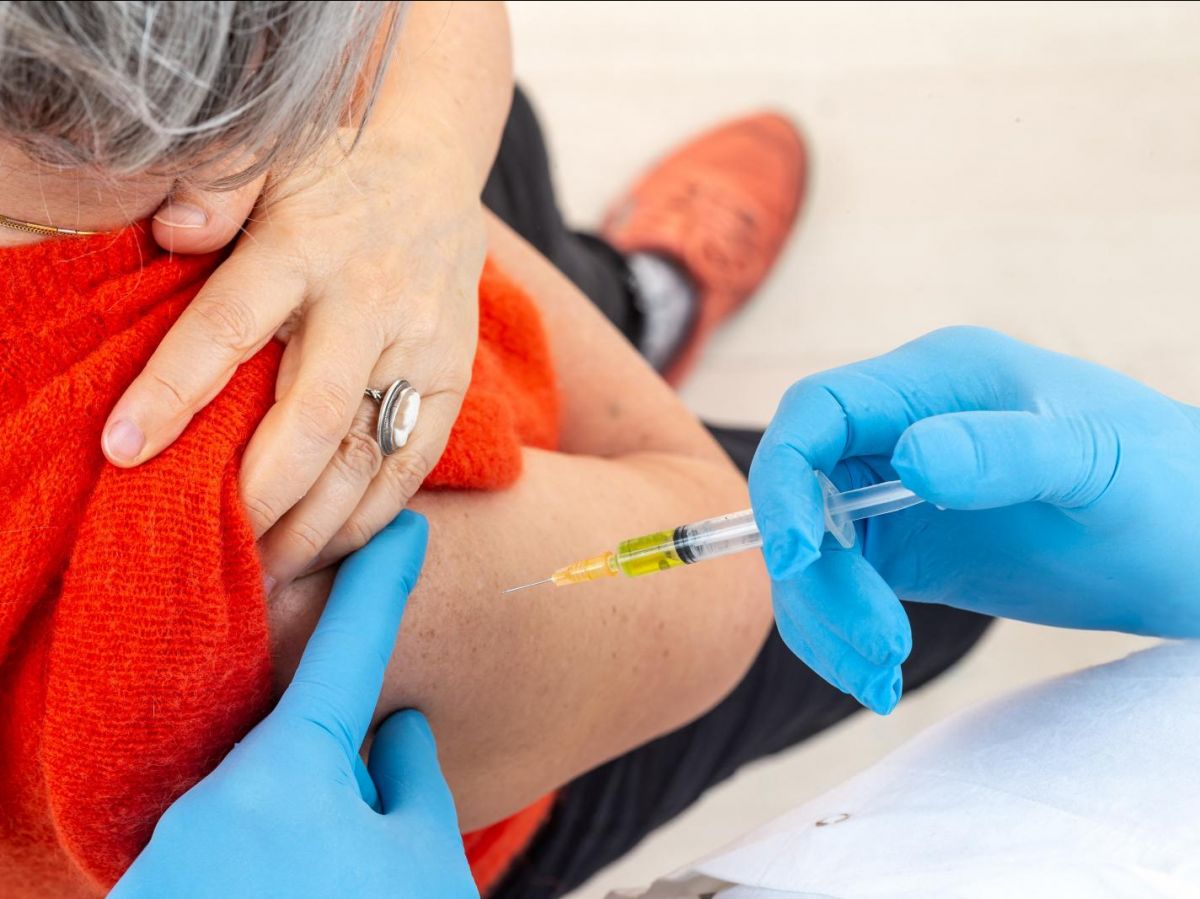The French Public Health Agency noted on Wednesday "a decline in the number of imported cases of chikungunya from Réunion and the Indian Ocean" but considers that the risk of new indigenous cases appearing in France remains significant.
So far, twelve outbreaks of chikungunya, the virus transmitted through tiger mosquito bites and causing high fever and muscle pain, have been reported, for a total of thirty-eight indigenous cases, according to a weekly report from the public health agency.
"Despite a decline in the number of imported cases of chikungunya, particularly from Réunion and the Indian Ocean, their level contributes to the emergence of indigenous transmissions in mainland France," emphasizes Public Health France.
"The number of transmission hotspots illustrates the significant risk of indigenous transmission of these viruses in mainland France. Other cases will likely be identified, including outside the usual transmission zones," the agency reiterates.
Since May 1, when enhanced surveillance began, 833 cases of chikungunya, 624 cases of dengue fever and two cases of Zika, one imported from Indonesia and the other from Thailand, have been identified.
As of July 22, 2025, there were 4 ongoing cases of dengue fever, according to the press release.
The tiger mosquito is present in 81 departments and is active between the months of May and November.
The World Health Organization (WHO) called on Tuesday for urgent action to prevent major chikungunya epidemics and estimates that "a third of the population of Réunion is already infected."
The symptoms of chikungunya are similar to those of dengue fever and Zika virus disease, making it difficult to diagnose, according to the WHO.

